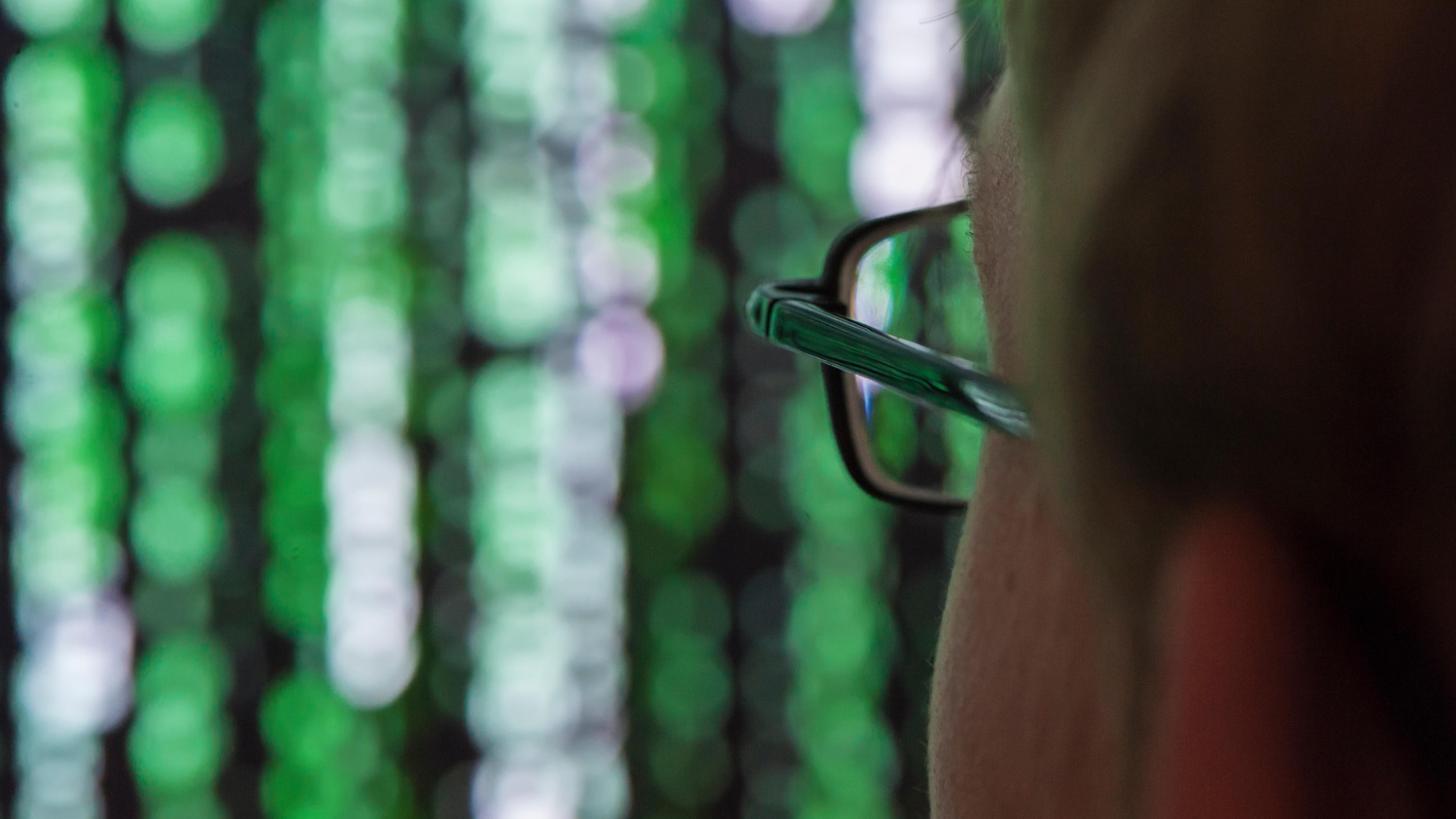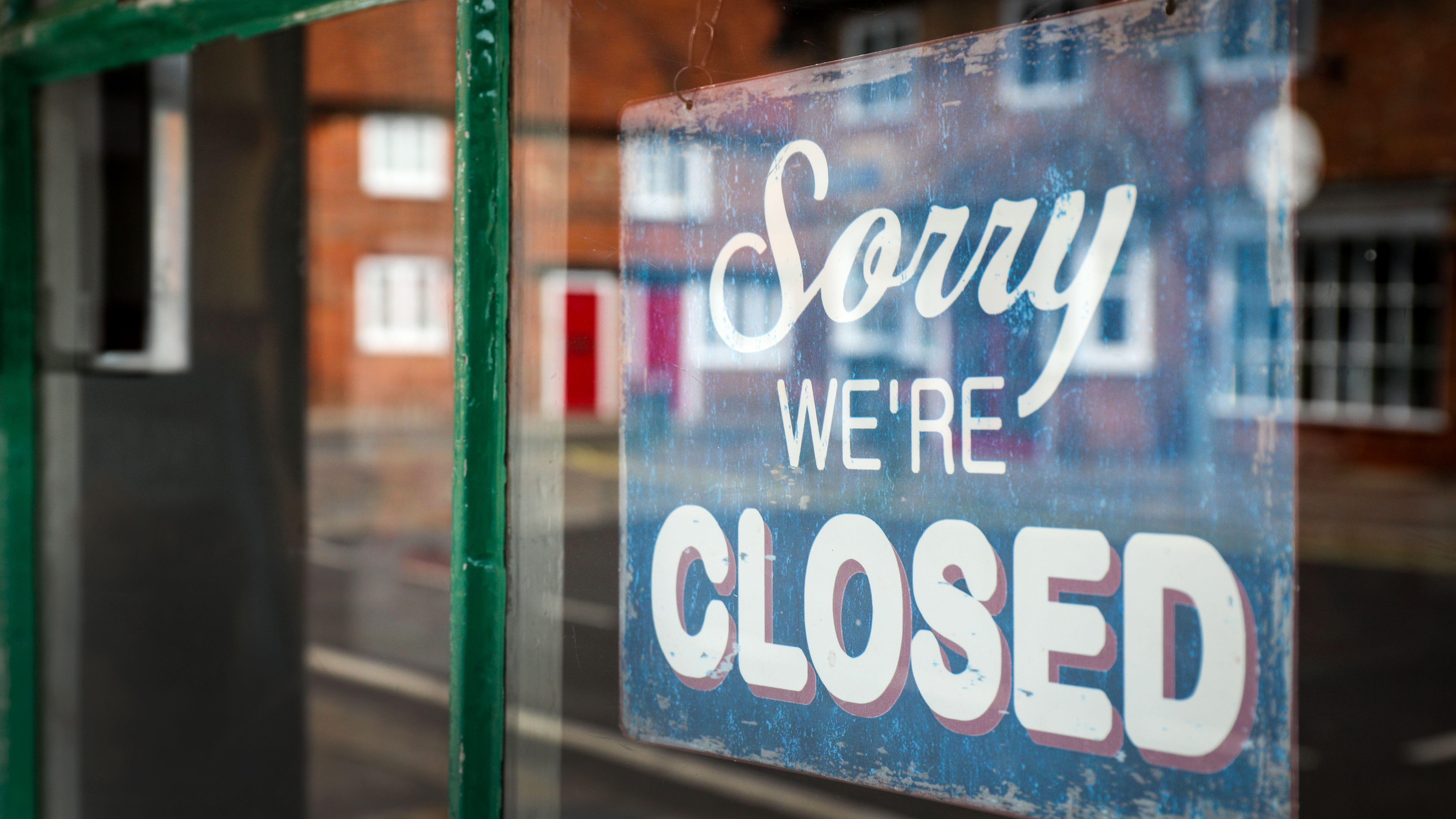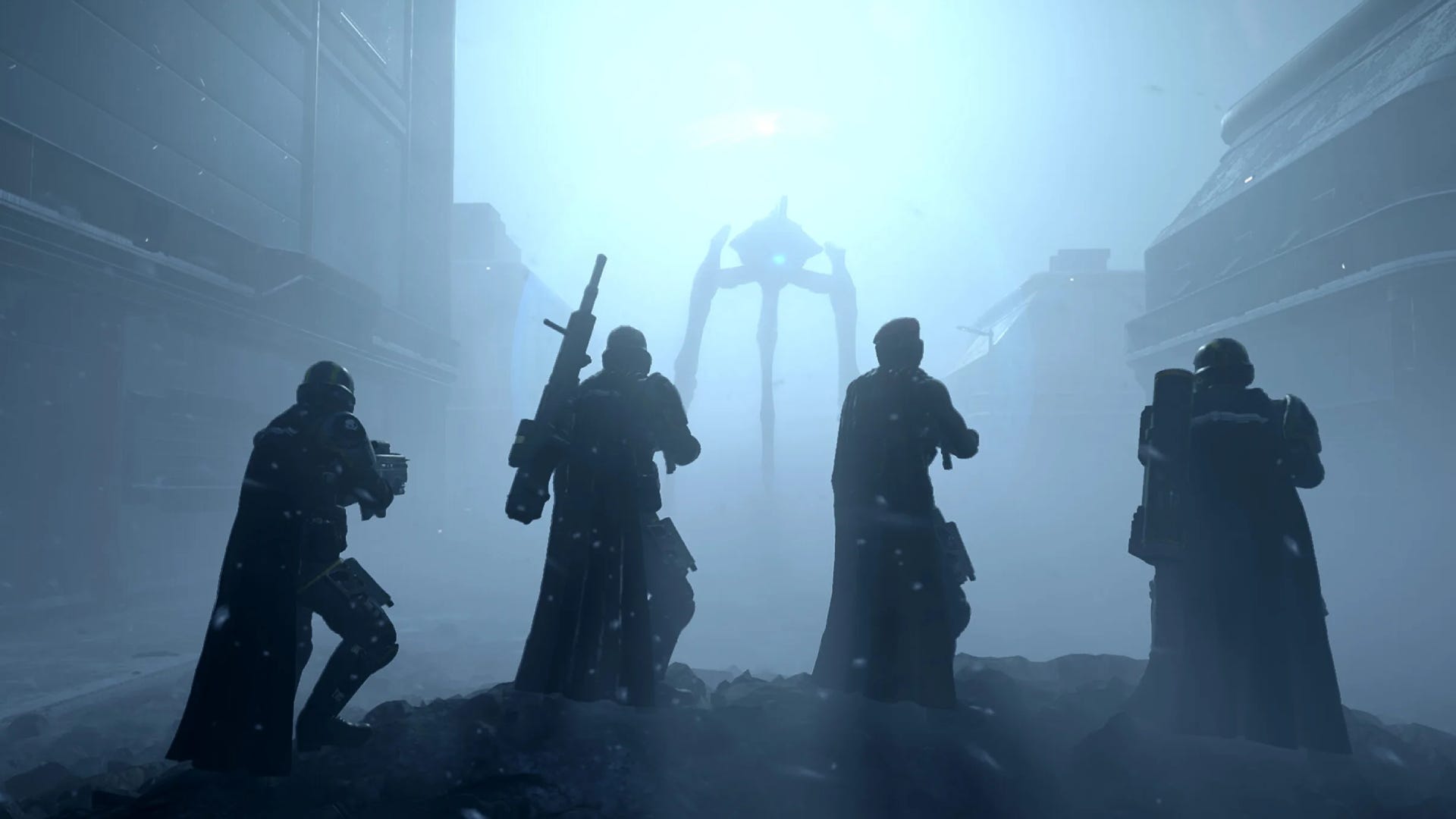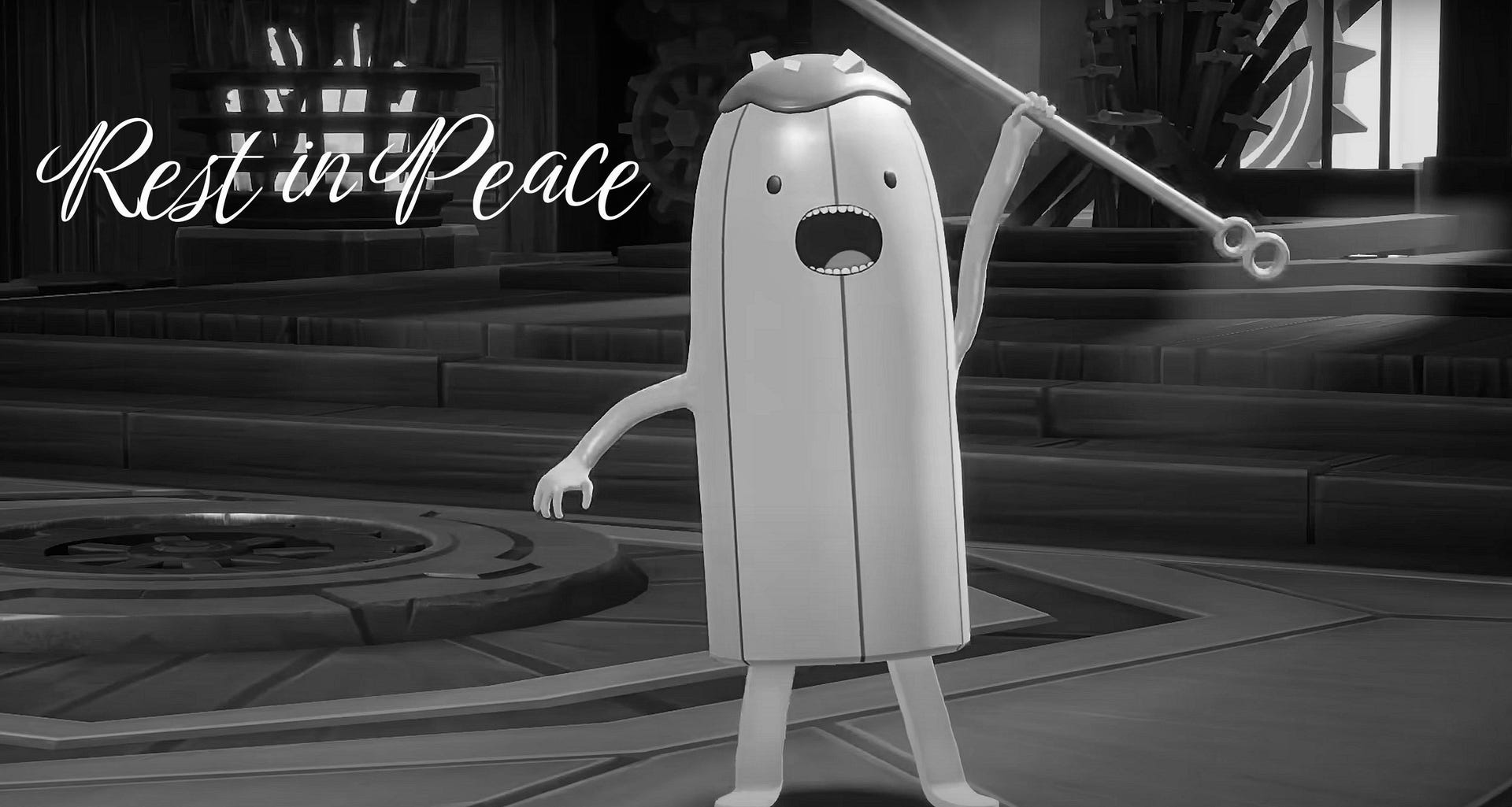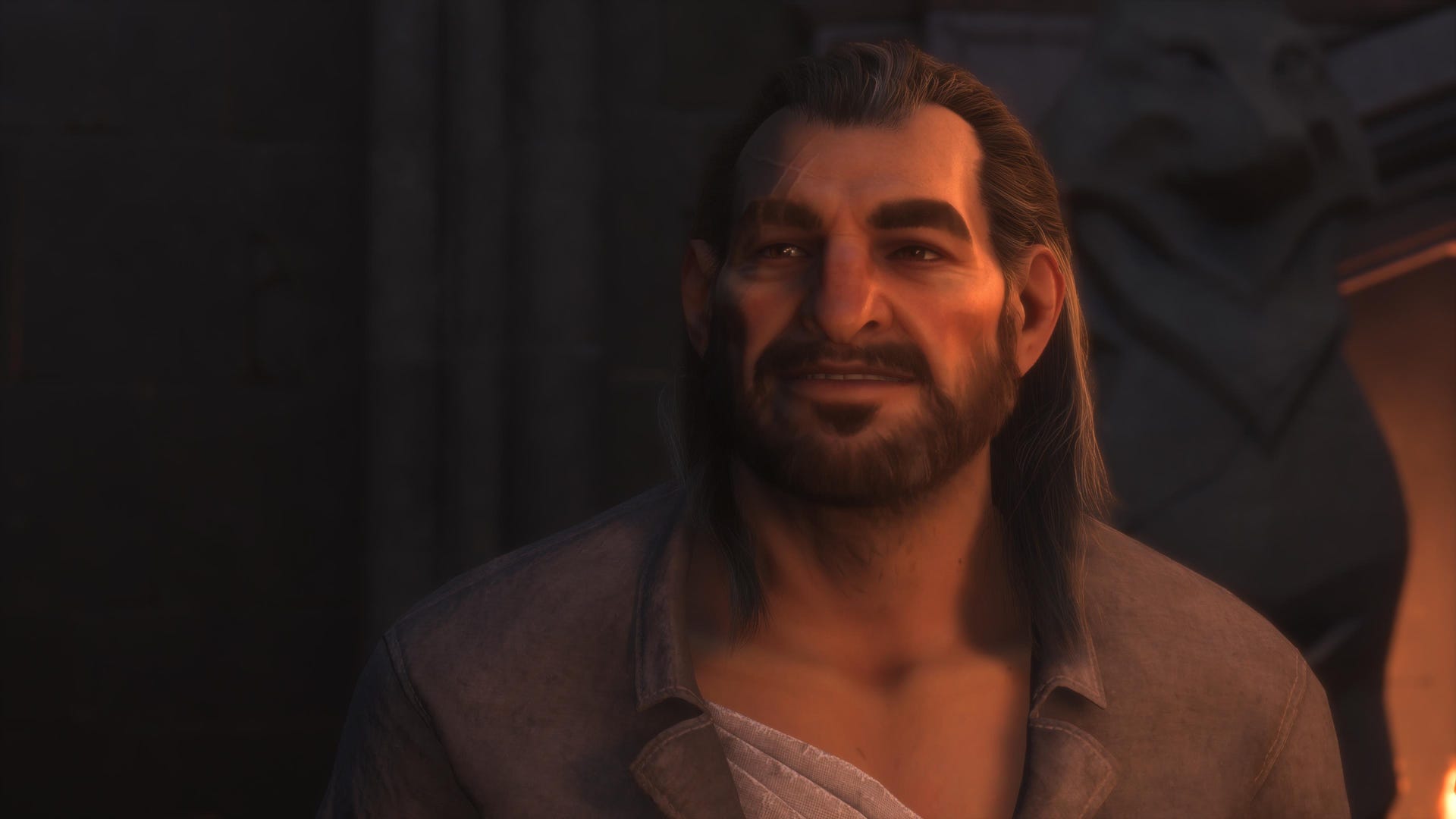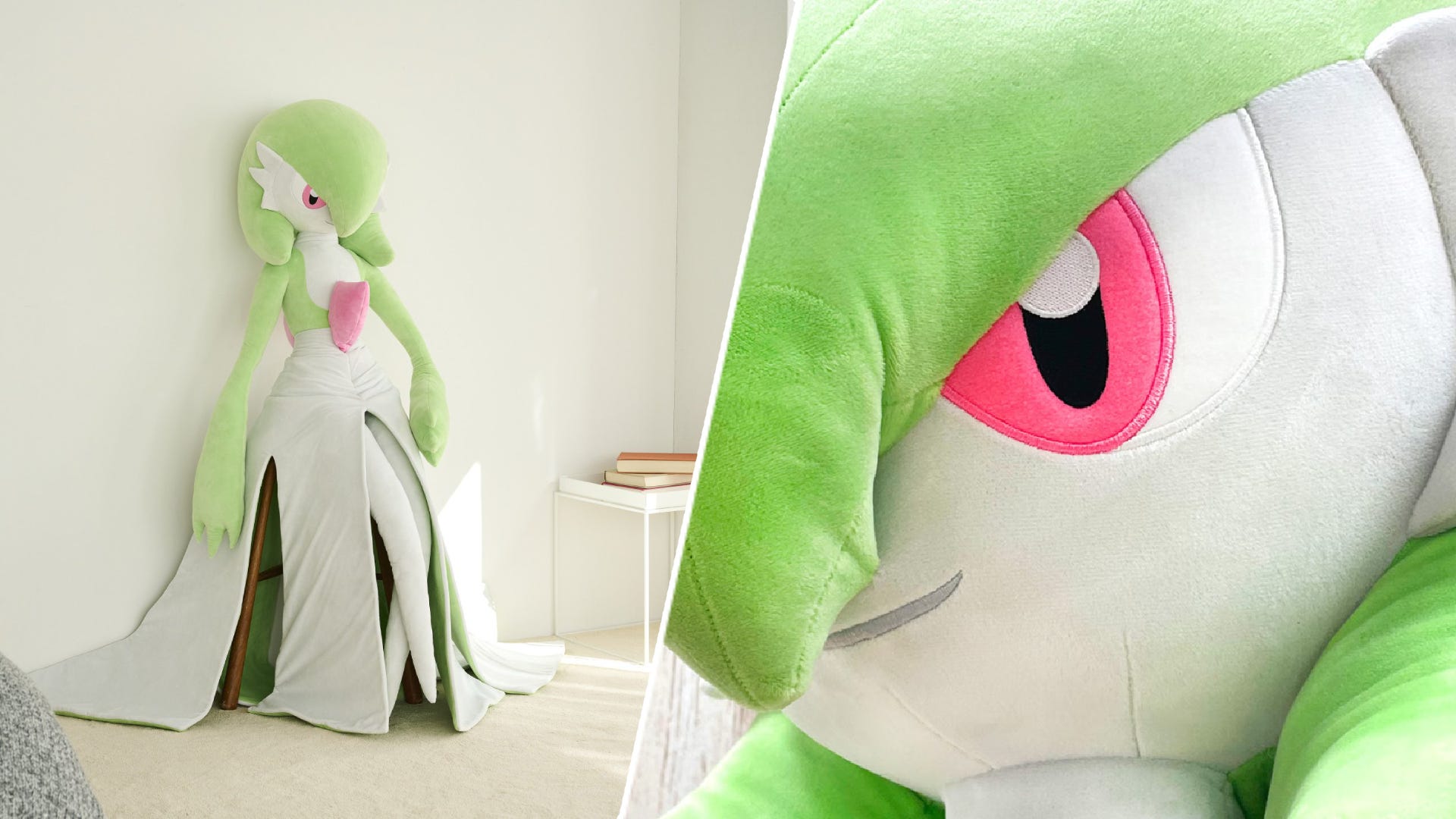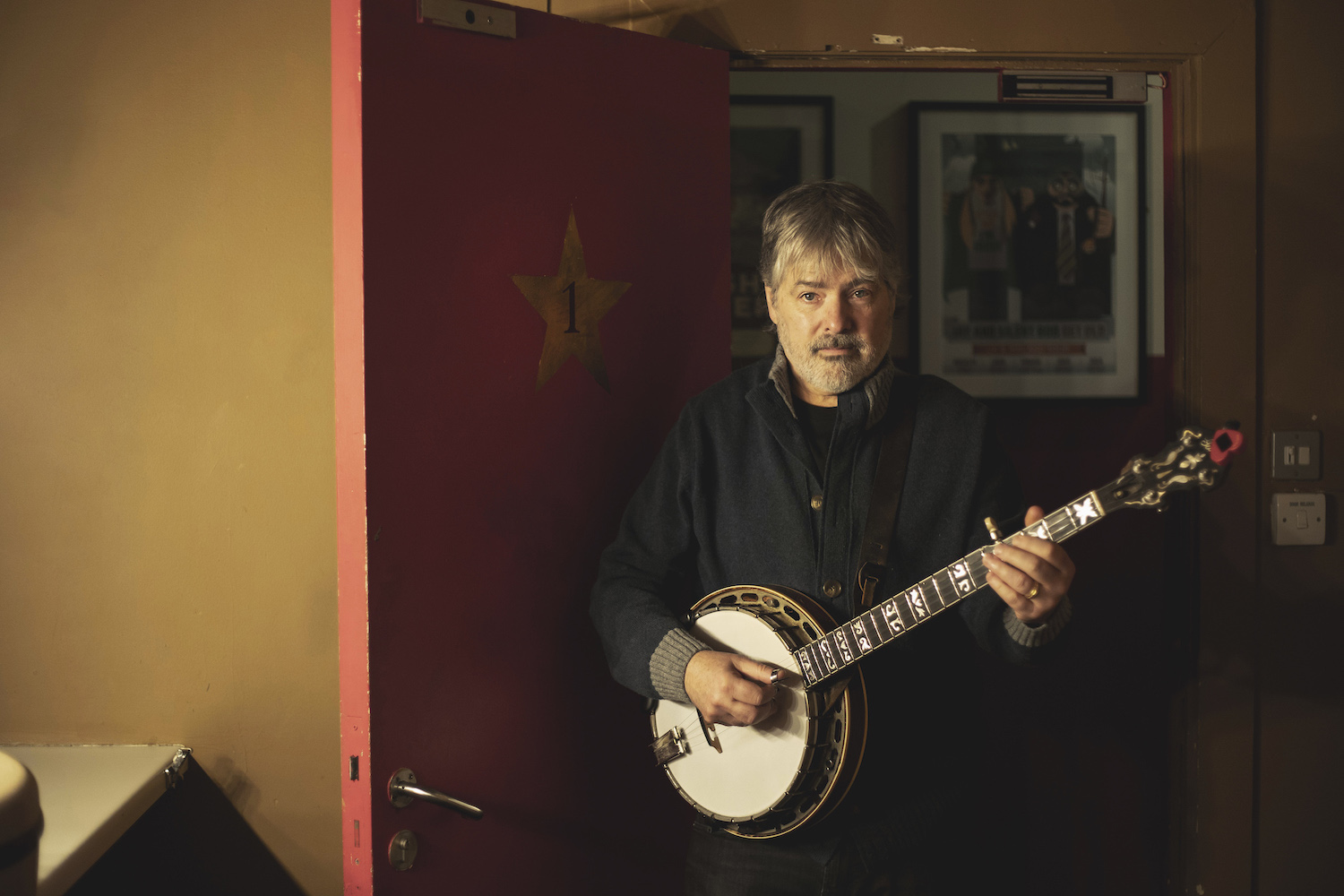In season two, Funny Woman comes off as muddy (and not so funny)
For a series that’s centered on a comedically gifted female, the most engaging storytelling is sadly saved for men.
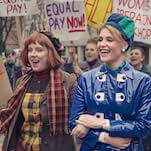
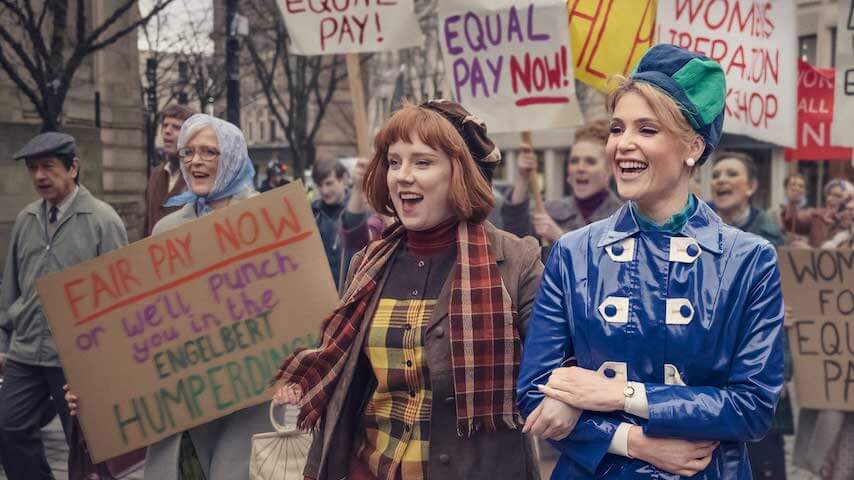
In a recent roundtable for The Hollywood Reporter India, actor Shabana Azmi observed that while stardom has its perks, it prevents a performer from living a real life. “If you cannot experience life, if you have never traveled in a rickshaw, if you don’t know what traveling by train is,” she said, “then surely that is going to make things difficult for you when you have to play that character.”
Her comments mirror the central thesis of the new season of Funny Woman, the Sky series (that's available in the States on PBS) based on the novel Funny Girl by Nick Hornby. How do you come up with ideas for a comedy show when your newfound fame prevents you from doing anything that isn’t documented by the glare of a photographer’s flashbulb? Barbara Parker (Gemma Arterton) is a household name as Sophie Straw, the star of TV’s Comedy Playhouse. Her popularity has made it impossible to be out and about and actually living. And her roommate’s union organizing makes it difficult to find privacy. She feels stuck, and it begins to wear away at the bubbliness that made her successful.
But first, let’s back up and recap season one: Despite a passionate love affair with her co-star Clive Richardson (Tom Bateman), Barbara—formerly of Blackpool, now of Earl’s Court, London—breaks their engagement after realizing how little she matters to him. After the taping of their last show, she makes a passionate plea to the studio audience about women’s empowerment, walks out, and kisses her producer Dennis Mahindra (Arsher Ali), who has been quietly infatuated with her since they met. But in their mutual fervor to line up their next gig, Dennis successfully pitches a comedy show to the unnamed “other side” (that is, another network) and nabs the writing services of Bill Gardiner (Matthew Beard) and Tony Holmes (Leo Bill). Meanwhile, Barbara manages to wrangle another show out of the prickly Ted Sargent (Alistair Petrie), head of BBC’s light-entertainment division.
Season two, therefore, begins with the team split up and struggling. Dennis, Bill, and Tony are stuck with terrible actors, and Barbara is stuck with terrible writers. It’s not long before everyone is reunited back at the Beeb, however, but they simply can’t think of anything funny to write about. The stress of this—the quartet has never before found it difficult to write together—sends everyone scrambling. Tony and his wife June (Lydia Wilson) are expecting a baby. Though they have very few scenes together, actors Bill and Wilson find lovely, subtle melancholy in a marriage that’s quite unique for the 1960s, given that Tony came out as bisexual to a loyal, supportive June. As the rapidly spiraling Bill Gardiner, who’s struggling to publish a memoir about life as a queer man in London, Matthew Beard explores the grace notes of self-possession and repression with considerable skill and nuance.
But it’s Ali as Dennis who provides the grounding necessary for the season to work. At all times, Dennis’ body language is controlled, his unruffled demeanor counterbalancing Bill and Barbara’s physical comedy. By keeping a tight, heavy lid on Dennis’ emotions, with the exceptions of a few half smiles and some visible personal torment, Ali provides a steadiness Funny Woman desperately needs. Though his arc this season also involves stagnation, as Dennis and his estranged wife Edith (Emily Bevan) fight about who should divorce whom, Ali is no doubt the cast’s anchor, doing for this ragtag band of misfits what Andre Braugher did for the NYPD's 99th Precinct.
When it comes to Barbara herself, Funny Woman has fallen into the Barbie trap: For a series ostensibly about a comedically gifted female, the most engaging parts of the storytelling are saved for the male characters. Arterton’s performance this season is frustrating on multiple levels. First, Barbara is remarkably slow on the uptake regarding women’s rights, especially considering her department-store worker flatmate Marj (Alexa Davies) is organizing a union and workers’ rights marches. She’s surprised to learn she’s allowed to disagree and argue with Bill, Tony, and Dennis, even though her living space is littered with placards about equal pay. Internalized female misogyny plays a significant role in Funny Woman, and Barbara gets it from all sides, including her former boss at the department store where she worked in season one and her auntie Marie (Rosie Cavaliero), whose rants (“I never started a family because your mother left you” and “You could’ve had it all, marrying Aidan, the best-looking butcher in Blackpool”) are deeply aggravating and never receive pushback.
The show also gives short shrift to Diane Lewis (Clare-Hope Ashitey), Funny Woman’s sole Black character, who is trying to find freelance work after quitting the BBC and starts documenting Marj’s efforts to organize department-store employees. Season one did a better job of exploring the suppressed discomfort felt by minorities in largely white spaces, but season two uses Diane and Marj as vehicles for Barbara’s empowerment. The wonderful Gemma Whelan (Game Of Thrones, Emma.) and Olivia Williams, playing a new friend of Barbara’s and her estranged mother, respectively, provide more depth to the series, but neither has enough to do.
On one hand, this is understandable. Being a woman has never been a picnic, especially not in the 1960s. The female characters find it difficult to bond during periods of strife and confusion because the patriarchy works better when women aren’t united. But Funny Woman is based on one of Nick Hornby’s best books, one that has a far simpler, more elegant plot than the TV adaptation. It’s unclear why the writers felt the need to muddy up what is essentially a novel-length exploration of personal relationships in a turbulent time. The period-appropriate costumes and interior decor are indeed accurate and quite vibrant, but Funny Woman suffers at the hands of being overproduced. Each episode is littered with too many needle drops, including famous songs used in Mad Men and Wes Anderson films to far greater effect. And the series feels so stuffed with motifs and symbols of Swinging London pop culture—with seemingly mandatory references to The Rolling Stones and The Beatles and Richard Lester-ian camerawork—that it feels as though giant signposts are constantly reminding us, “Hey, we’re in the 1960s!” Audiences are likely familiar with mid-century London, its music, its colors, and its ideas. What do the writers—and the show—have to say that they don't already know?
Funny Woman season two premieres February 2 on PBS
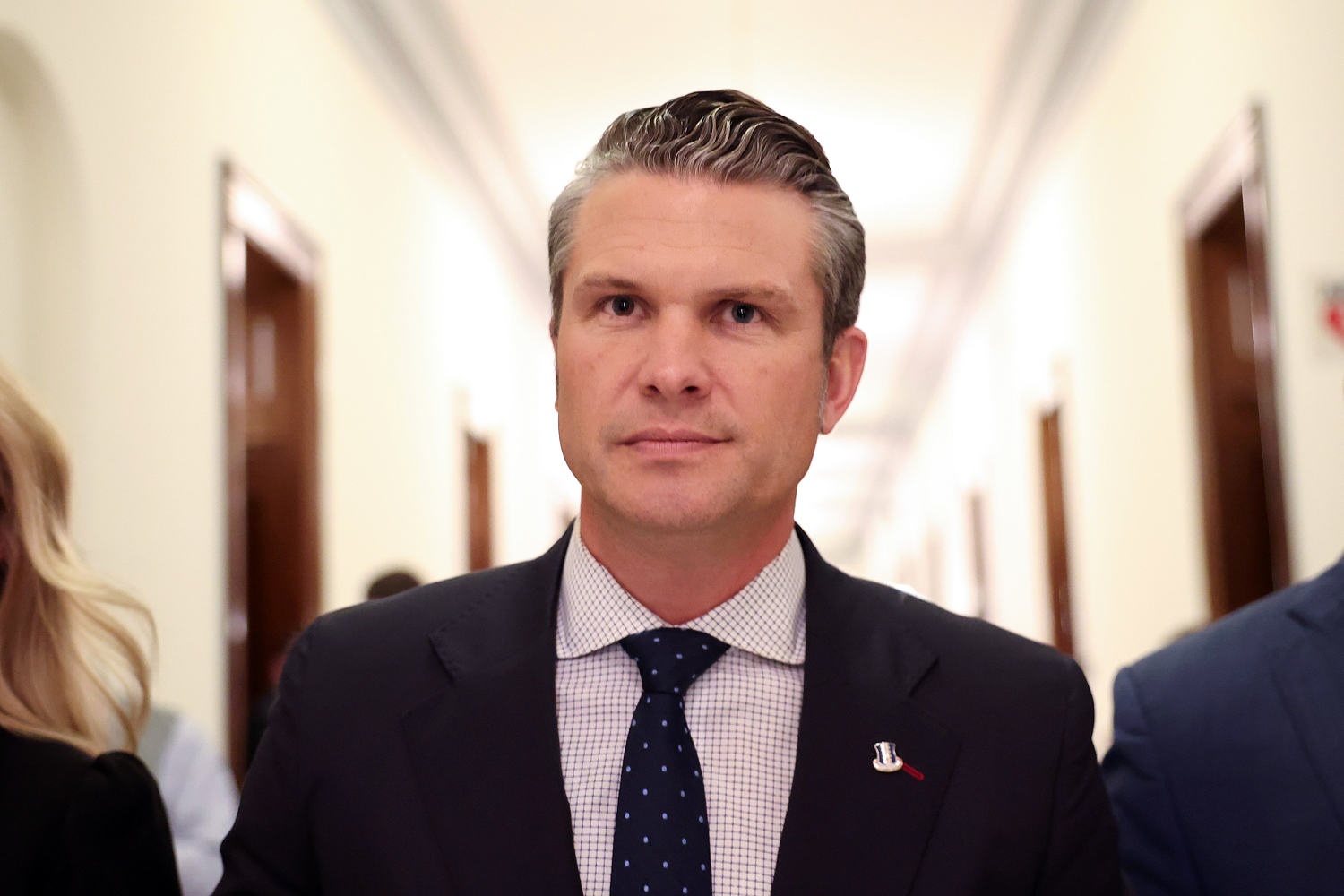

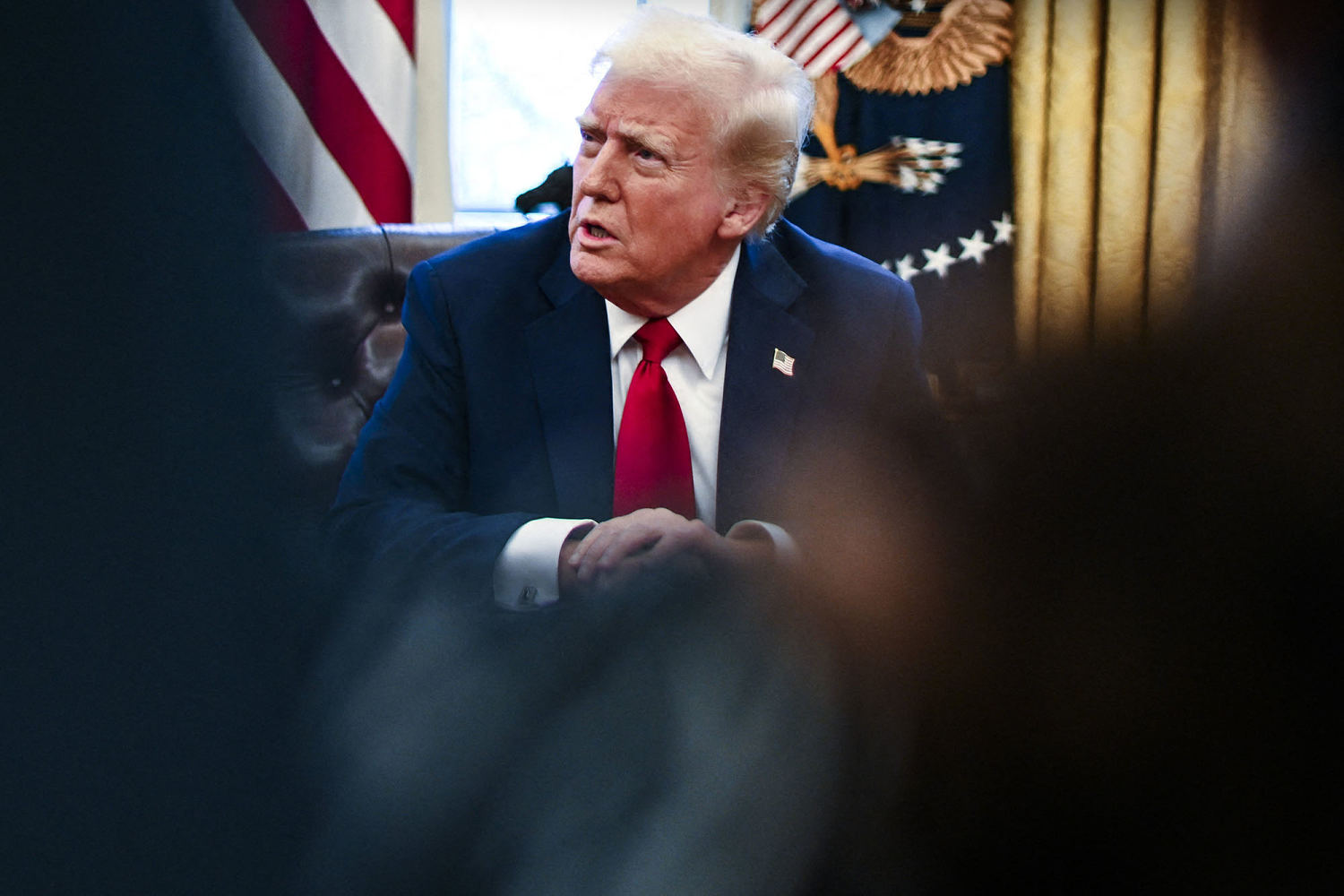
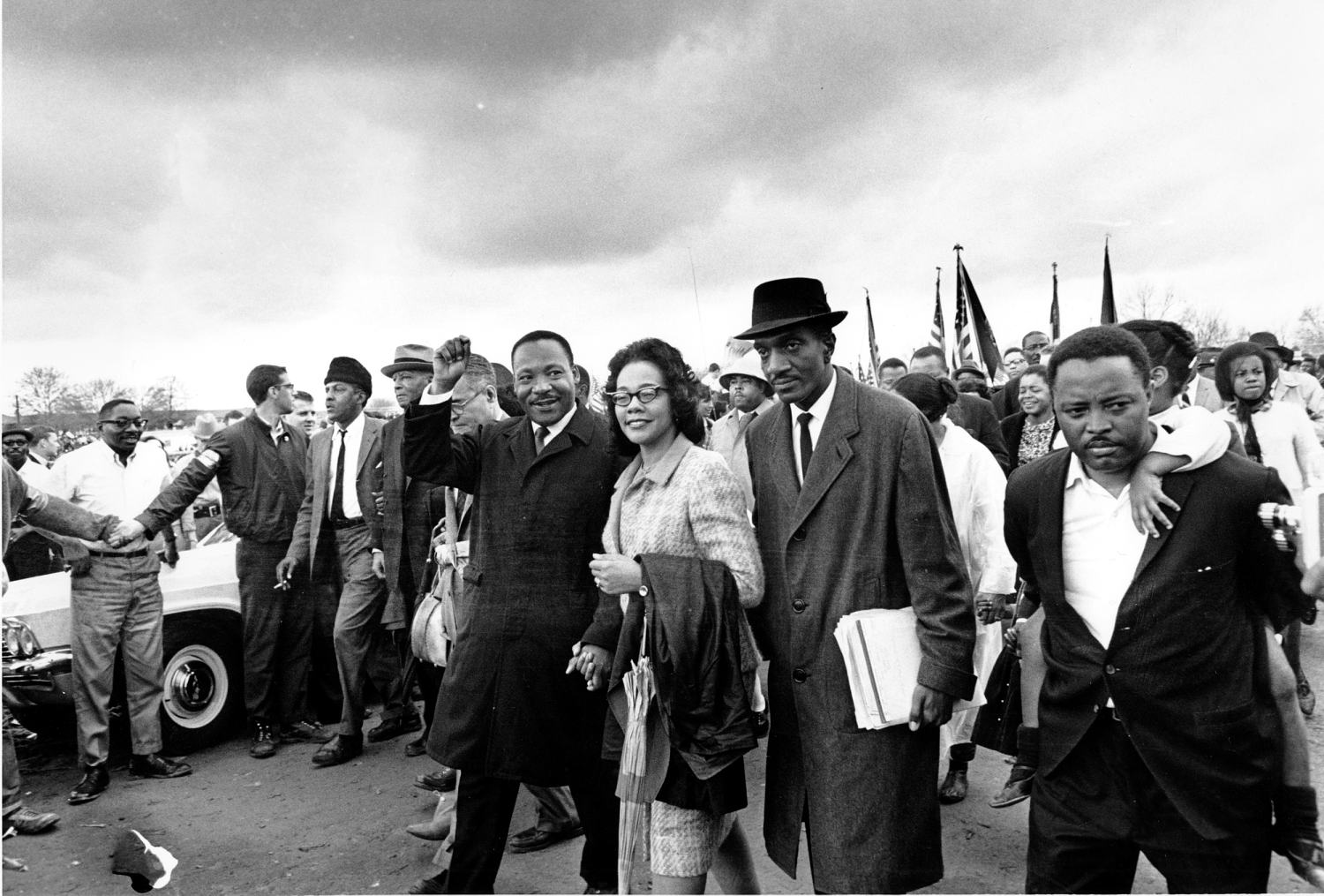









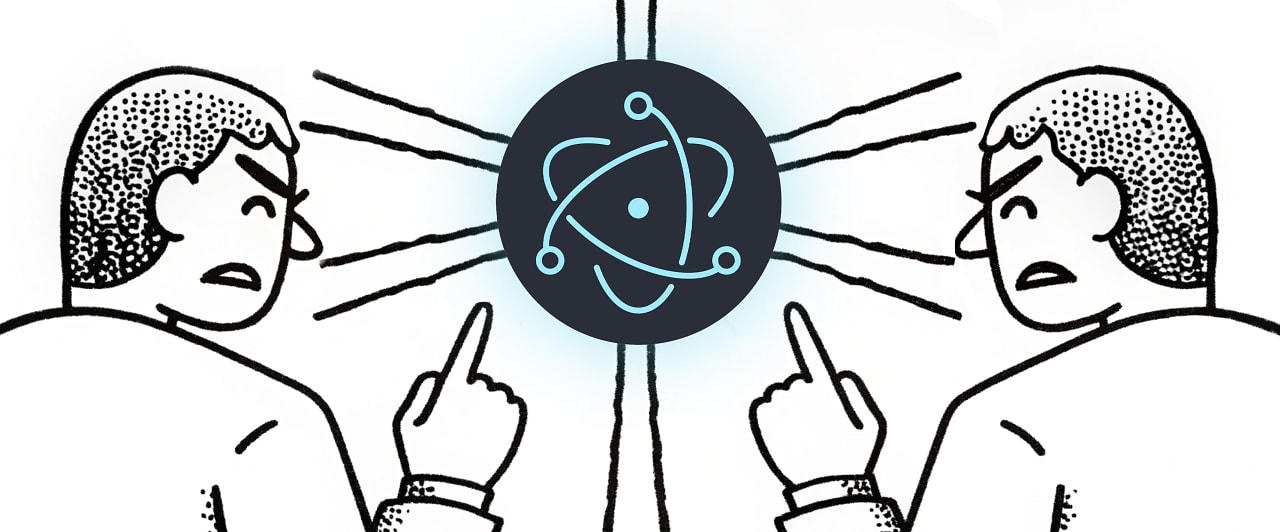


![From Gas Station to Google with Self-Taught Cloud Engineer Rishab Kumar [Podcast #158]](https://cdn.hashnode.com/res/hashnode/image/upload/v1738339892695/6b303b0a-c99c-4074-b4bd-104f98252c0c.png?#)


